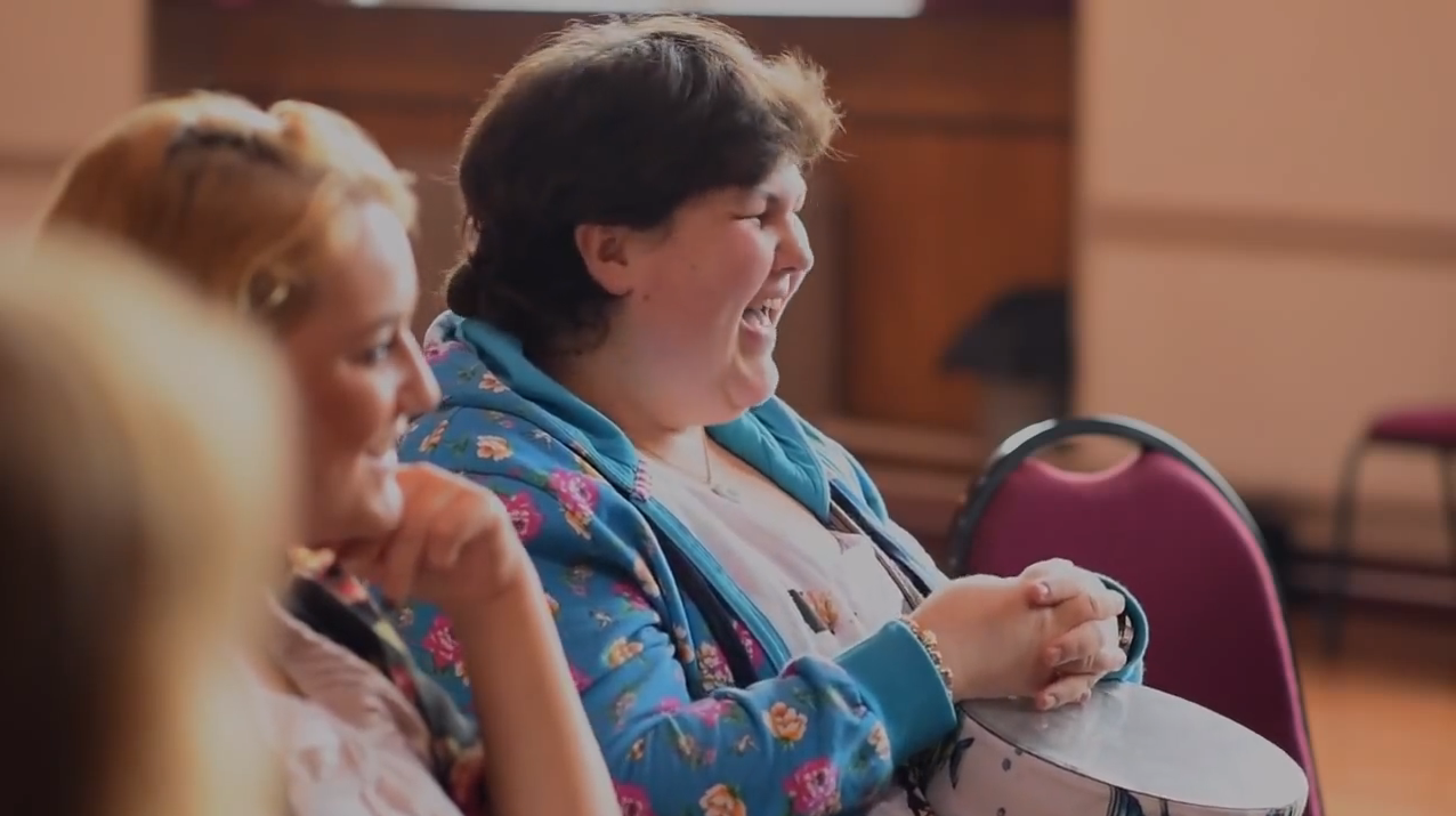The Children’s Poly-Olbion is concerned with a number of distinct needs and opportunities within young communities and heritage education and preservation. Our research comes primarily through Flash of Splendour’s experience of providing creative arts and heritage education within schools and educational centres throughout the UK, particularly within the SEN sector.
The Poly-Olbion is one of Britain’s most important literary treasures, not least as an extraordinarily vivid record of the landscape and folk traditions of Jacobean England and Wales, yet it is barely known outside of academia and is considered too complex for modern tastes.
Our project aims to re-root the Poly-Olbion in the British imagination: encouraging a new generation to engage with its stories and imagery of British history, life and mythology.
In a similar vein to micro-financed community projects, the Children’s Poly-Olbion has begun a process, on a micro-level, of addressing what we feel is a current critical need within heritage education: the creation of truly inclusive learning programmes that enable access to cultural heritage that would normally be perceived as without relevance or meaning for marginalised, displaced and disadvantaged children.
One of the most important outcomes of the Children’s Poly-Olbion will be the project’s contribution towards the implementation of a new working paradigm for delivering children’s outreach education, particularly educational strategies linking minority groups with “high” cultural material. We feel that traditional barriers to confident access to that material amongst disabled and marginalised children can be thoughtfully dismantled through innovative partnerships, lateral, cross-discipline thinking and skilled, imaginative practice. We strongly
support the huge benefits of using complex literature, particularly poetry and drama, within ALN and SEND education, especially with children and young adults with autism or communicative issues.
Current trends in SEN pedagogy, spearheaded nationally in classrooms by Flash of Splendour Arts, are moving towards different paradigms of historiographical and cultural learning. SEN children are no longer considered to be unable to fully interact with “difficult and dense literature. Alongside Flash of Splendour, the Royal Shakespeare Company, for example, now provides professional courses for teachers to engage SEN children with Shakespeare and a current collaborative study at Ohio State University’s Nisonger Center for Intellectual and Developmental Disabilities is clearly demonstrating that children with autism can access and enjoy Elizabethan verse, with profound and life-changing impacts on their social and communicative skills.

